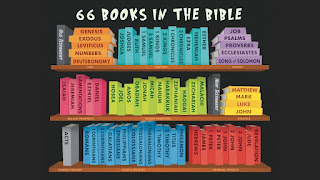There is popular belief held that we Protestants abridged The Bible, removing books in an aim to protest the Church of Rome. The Roman Catholic Bible contains 73 books, while our Bibles contain only 66 books. It would seem at a glance that books were removed, but they have not.
In truth the Protestant canon of 66 is traditional and has a longer precedence. Both Catholic and Protestant Bibles contain 27 books of the New Testament, which means the difference is in the Old Testament. The Catholic bibles contain the deuterocanonical (second canon) also known as the apocryphal (doubtful authenticity) books such as Tobit, 1 and 2 Maccabees, Sirach (wisdom), Ecclesiasticus, and more. These apocryphal books are not in the ancient Hebrew canon, and were debated for centuries. In fact, Catholic fathers like Jerome rejected these extra books because they were not in the Old Testament scrolls of the Jews.
So if the deuterocanonical books are disputed and not in the most trusted copies of the Old Testament, why do Catholics have them in their bibles? The answer was The Council of Trent. The Romanite Church made the apocryphal books part of their canon because apocryphal passages in 1 Maccabees affirm their prayers to the dead when the New Testament says, “And as it is appointed unto men once to die, but after this the judgment:” (Hebrews 9:27). In fact, a reason the deuterocanonical books were rejected is they contradict the Old and New Testament Trusted Scriptures, and thus were thrown out.
The 66 Book Canon is the right one. It is the most ancient in precedent and tradition. We can them been assured our Protestant Bibles are accurate, because the Old Testament is the one used throughout history, not the Council of Trent’s invention. You can have confidence that 66 is the right number, and trust they are the oracles of God. Amen.
Source & Further Reading:
https://textandcanon.org/why-the-catholic-bible-has-more-books-than-the-protestant-bible/

Comments
Post a Comment